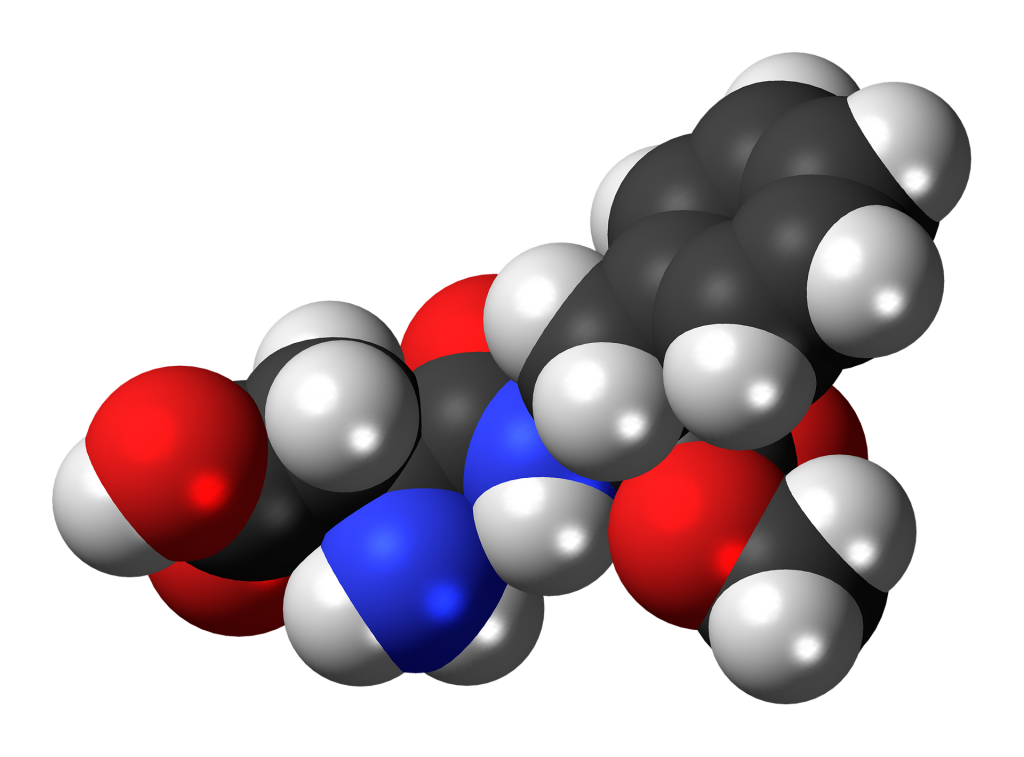 Aspartame is an artificial sweetener, used as an alternative to sugar. There is conflicting evidence on the damaging effects of aspartame. Some studies have found no adverse effects for aspartame consumption, whereas others have shown detrimental physiological and behavioural effects. The difference between these outcomes is likely due to the methodological design of the various studies. In this regard, some studies administer a single dose of aspartame, whereas other studies observe effects after continual consumption. Further, some studies do not take account of body weight and energy intake in the dosage process whereas other studies do. Having taken this into consideration, there is substantial evidence that aspartame does produce adverse effects in human and animals, and that this may be particularly apparent in certain individuals who are susceptible to the effects of aspartame or its metabolites. In this regard, individuals with existing mood disorders such as anxiety or depression may be particularly affected.
Aspartame is an artificial sweetener, used as an alternative to sugar. There is conflicting evidence on the damaging effects of aspartame. Some studies have found no adverse effects for aspartame consumption, whereas others have shown detrimental physiological and behavioural effects. The difference between these outcomes is likely due to the methodological design of the various studies. In this regard, some studies administer a single dose of aspartame, whereas other studies observe effects after continual consumption. Further, some studies do not take account of body weight and energy intake in the dosage process whereas other studies do. Having taken this into consideration, there is substantial evidence that aspartame does produce adverse effects in human and animals, and that this may be particularly apparent in certain individuals who are susceptible to the effects of aspartame or its metabolites. In this regard, individuals with existing mood disorders such as anxiety or depression may be particularly affected.

Aspartame has been shown to cause weight gain is susceptible individuals. Its role as a sugar substitute in diet beverages and other diet foods should therefore be called into question.
For example, in one study, researchers administered 30 mg per kg body weight aspartame to a group of patients with a history of depression. The subjects consumed the aspartame or a placebo for 7 days. Negative effects were seen in the subject taking aspartame, compared to the placebo group. These included headaches, nervousness, nausea, poor memory, bad temper and weight gain and irritability. In contract, subjects without a history of mood disorders did not react negatively to the aspartame at the 30 mg per kg body weight dose compared to the placebo. This provides evidence that the detrimental health effects of aspartame, particularly with regard to the mood disorders, may be confined to sensitive individuals within the population. Certainly, the evidence provided in this study suggests that individuals with pre-existing mood disorders should avoid all foods containing aspartame. It is also interesting that aspartame causes weight gain in the subjects, which does not support its role as a sugar substitute in ‘diet’ products.
Eat Well, Stay Healthy, Protect Yourself
RdB
